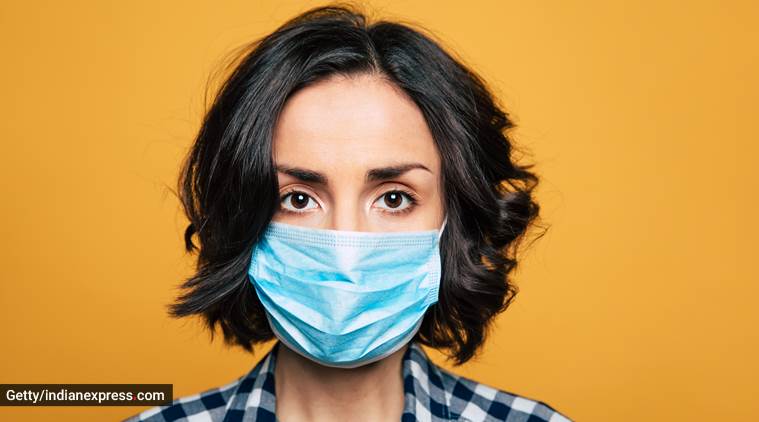People who wear face masks do not neglect other safety measures: Study
During the early stages of the pandemic, the WHO had warned the widespread use of face masks could "create a false sense of security"; this claim was found to be unsubstantiated

Contrary to what people may believe, those who wear face masks are not under any ‘false sense of security’ wherein they neglect other safety measures like washing of hands, and using hand sanitizers, amid the ongoing pandemic, a research has found.
The study was published in the journal BMJ Analysis, wherein a team of researchers from Cambridge University and King’s College London tried to understand if something called a ‘risk compensation’ was in any way threatening public health. Risk compensation refers predominantly to an idea that “people have a target level of risk they are comfortable with and they adjust their behaviour to maintain that risk level”, the researchers explained.
ALSO READ | People are struggling in lockdown to support partners emotionally, study finds
They also stated in the study that during the early stages of the pandemic, the World Health Organisation (WHO) had warned that the widespread use of face masks could “create a false sense of security” that could lead to “neglecting other essential measures such as hand hygiene practices”. But the researchers found this claim unsubstantial.
According to The Independent, the research team, led by Professor Dame Theresa Marteau of the Behaviour and Health Research Unit at the University of Cambridge, “investigated 22 systematic reviews, which explored the impact of wearing masks on the spread of respiratory viruses”. Six of those studies — which assessed more than 2,000 households — found wearing of face masks and coverings “did not have a negative impact on hand hygiene”. In fact, two of the studies even concluded that the “rate of hand washing was higher in the groups allocated to wearing masks”.
ALSO READ | Heart inflammation observed in recently recovered COVID-19 patients: Study
Professor Marteau noted that the “concept of risk compensation, rather than risk compensation itself, seems the greater threat to public health”, explaining that the concept could lead to “potentially effective interventions” being delayed, which could, in turn, increase the risk of the transmission of the COVID-19 virus.
? The Indian Express is now on Telegram. Click here to join our channel (@indianexpress) and stay updated with the latest headlines
For all the latest Lifestyle News, download Indian Express App.
Source: Read Full Article






